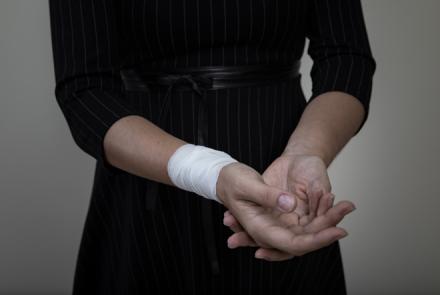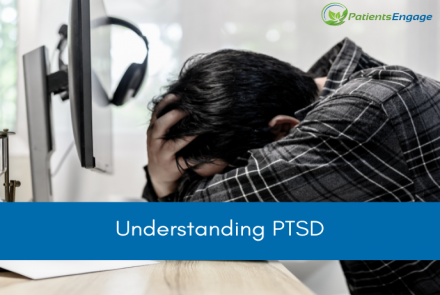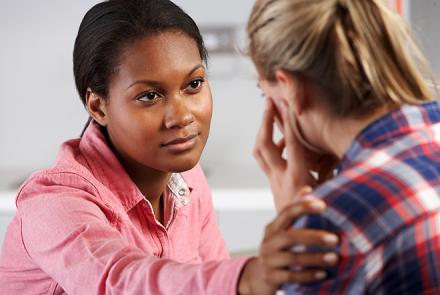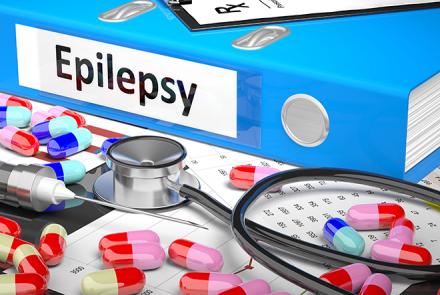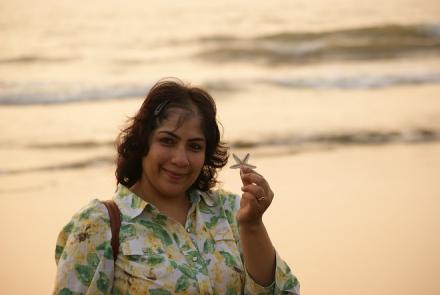
Dr Jayaraman Hariram, Psychiatrist, Senior Consultant, Emergency Service & OCD Clinic, Singapore answers the frequently asked questions on OCD including treatment options and how to recognize if you need help.
What is OCD?
Obsessive Compulsive Disorder (OCD) is one of the common mental illness recently separated from anxiety disorder and placed within Obsessive Compulsive and Related Disorder. It affects people of all ages and walks of life, and occurs when a person gets caught in a cycle of obsessions and compulsions. Persons with OCD are unable to control the unwanted recurring obsessive thoughts and subsequently engage in repetitive compulsive behaviours to get brief relief from the anxiety arising as a result of the obsessive thoughts, however, they do not find performing the rituals pleasurable. They spend at least an hour a day every day on the thoughts and rituals, which cause distress and interfere with daily life.
What is the difference between obsessions and compulsions? Can you provide examples?
- Obsessions are repeated thoughts or images about many different things. Common obsessions include:
- Irrational fears of contamination from dirt or germs or fear of causing harm to someone
- Distressing unwanted sexual or religious thoughts
- Desire to hoard or a need for symmetry and exactness
- Compulsions otherwise called rituals are the physical acts that a person engages repeatedly in, such as checking, cleaning and washing hands, locking and unlocking doors, counting, hoarding. It can also include mental rituals or ruminations such as thinking a neutralising thought
Is OCD an addiction? What other disorders fall under the spectrum of OCD?
OCD is not an addiction. Obsessive Compulsive and Related Disorders include
- Obsessive compulsive Disorder
- Body Dysmorphophobic Disorder (otherwise called BDD) – preoccupation with perceived body defects
- Hoarding Disorder – persistent difficulties in discarding possessions may or may not be accompanied by excessive acquisition of items.
- Body Focused Disorders that include compulsive skin picking (Excoriation) or Hair Pulling (Trichotillomania)
Can you explain the link with anxiety & depression?
Obsessive thoughts per se are unpleasant and unwanted and can lead to excessive anxiety or other forms of unpleasant emotional experiences. As the individual tries to engage in repetitive compulsions to ward of these unpleasant emotions, their life slowly gets taken over by battling with obsessions and performing ritualised compulsions. They are at risk of getting depression which is one of common co-morbid conditions that is associated with OCD.
Both OCD and Anxiety disorders share some common features in the sense that majority of OCD patients experience anxiety similar to patients with anxiety disorder. However, some OCD patients experience disgust or just uncomfortable state which they do not equate to anxiety. OCD brain activity pattern differs from those associated with generalised anxiety or phobic anxiety. There are significant differences too in terms of medication
What other mental illnesses is OCD associated with?
Apart from the commonest co-morbidity depression, OCD can also be present with other anxiety disorders such as panic disorder or phobic anxiety problems such as social phobia; obsessive compulsive personality disorder which is quite different to that of OCD in which individual is perfectionist and follows rigid routine but does not suffer obsessions or compulsions; tic disorder and bipolar disorder. In rare cases, it can also present alongside schizophrenia, severe psychotic illness.
What are biological, social and psychological causes of OCD?
A number of factors can contribute to the risk of developing OCD:
- Genetics: In some cases, OCD is genetic and may run in the family
- Brain chemical: Serotonin is a chemical found in our brain cells that helps to transmit information from one brain cell to another. Studies have shown that there is an imbalance of serotonin in the brains of people with OCD
- Brain abnormalities: Brain imaging studies in individuals with OCD have shown abnormalities in some areas of the brain, such as increased activity and blood flow. The areas of the brain affected deal with strong emotions and how we respond to them.
- Stress/Life events: Important life events such as bereavement or stress may trigger OCD symptoms in people who may be susceptible to develop the condition
- Infection: Some cases of OCD in children and young people have started after severe streptococcal infection. Streptococcal infection can trigger OCD symptoms in children and young people who have a genetic predisposition to develop the condition.
How can one recognize OCD symptoms?
There are 5 specific questions suggested by experts to ask yourself (Nutt & Ballenger):
- Do you wash or clean a lot?
- Do you check things a lot?
- Is there any thought that keeps bothering you that you would like to get rid of but can’t?
- Do your daily activities take a lot of time to complete?
- Are your concerned about orderliness or symmetry
If you answer yes to one or more of the above, you might want to seek experts opinion
How does it affect one’s daily life?
If left untreated, it can significantly impair your functioning as a family member, as a student, as a parent, as a partner or as an employee and so on. When left untreated people end up spending a significant part of their life battling with obsessive thoughts or images and performing ritualised compulsions with very little time left in hand to do things they treasure.
Do people with OCD believe their 'illogical' thoughts and fears?
Usually they understand that their thoughts are non-sensical or irrational. However as the condition worsens, a small proportion start to lose that insight into the nature of obsessions. This group is called OCD without insight, but this is only a small proportion of the individuals suffer from OCD
What are treatment options for OCD? Is it more complicated to treat people with multiple mental disorders?
- Medication: Medication may be prescribed before or during behaviour therapy if there is indication of severe depression. Drug treatment after behaviour therapy may be prescribed if the therapy has been only moderately effective despite good cooperation. The use of antidepressants has proven to be effective in the treatment of OCD.
- Cognitive Behavioural Therapy (CBT): The mainstay of psychological treatment is Exposure and Response Prevention (ERP), a form of CBT specifically tailored for OCD, where the individual is deliberately exposed to obsessional cues, and then prevented from engaging in the associated repetitive behaviour. With repeated and prolonged exposure to triggers, habituation eventually takes place. Ruminations are more difficult to treat. Aversion conditioning such as thought-stopping may be helpful. In addition, it is also useful to teach the individual ways of coping with the anxiety, anger and stress. He will be encouraged to set other targets in life so as to develop a healthier lifestyle.
- The combination of CBT and medication increases treatment efficacy. It is important to involve the family in the management of individuals with OCD. Family members are often ignorant about the disorder and may be drawn into the patient’s rituals.
When should someone with OCD seek help?
- If you are suffering from recurring obsessions or engaging in repetitive acts (as indicated above) and it is stopping you from leading your life in the way you would like and your obsessions and compulsions are taking a large part of your day, then it is time to seek help.
Can you provide any tips on how to overcome OCD or prevent complications?
- It is a treatable condition – you can get relief from its symptoms, although there is no permanent cure for it.
- With early intervention you might not even need medication,
- Do not let OCD run your life, seek help earliest.
Dr Jayaraman Hariram, MBBS, MRCPsych
Psychiatrist, Senior Consultant, East Region, Emergency Service & OCD Clinic
A Consultant Psychiatrist in Singapore with Institute of Mental Health (IMH) since September 2009 and Consultant in Community Psychiatry since October 2012. Now running Specialist Outpatient Clinic for the East Region and have established a tertiary Clinic in IMH for patients with Treatment Resistant OCD. Oversee the day to day running of our emergency services. Adjunct Assistant Professor in Psychiatry, Duke-NUS Graduate Medical School, Singapore since September 2011 and a Clinical Senior Lecturer in the Yong Loo Lin School of Medicine between August 2012 and December 2014


